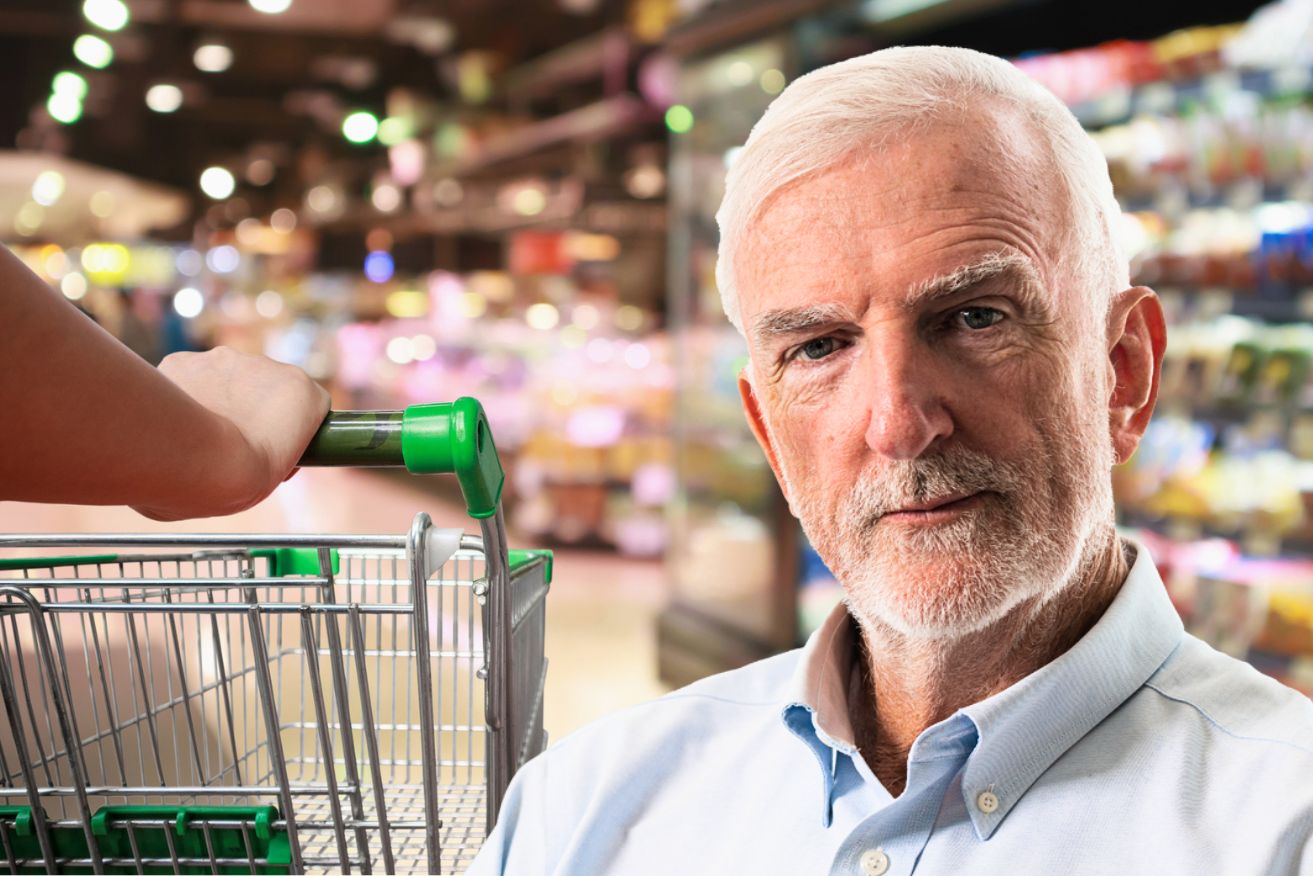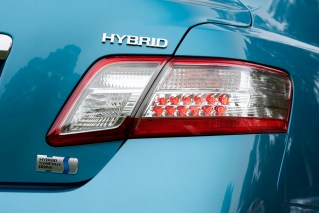Michael Pascoe: Political theatre swamps substance


Bashing supermarkets is easier than dealing with the oligopolies really gouging Australians, writes Michael Pascoe.
There is regular reporting of the shrinking primary vote of the major parties almost as if it is a surprise. There is no surprise at all when substance is repeatedly ditched in favour of political theatre, when stunts and outrage are the common currency instead of principles-based policy.
From relatively facile and merely wasteful issues to disturbing ruptures of convention, the shows are weak, the artifice obvious. The better educated and engaged an electorate, the more likely it is to see through it and walk out.
Cue the multi-party performances crowding the stage in hope of catching a little spotlight by bashing Woolworths and Coles – so much easier than contemplating dealing with the oligopolies that are really gouging Australians.
A homepage heading in the online Sydney Morning Herald (perhaps inadvertently) caught the tone: “Shoppers to pay less, farmers paid more under shake-up.”
Riiiiight. I’m guessing you can spot the real-world contradiction there, but that’s the fantasy Labor, the LNP and Greens are all promoting.
This week’s Colesworth (sounds better than Woles) production is Craig Emerson’s interim report on the voluntary Food and Grocery Code of Conduct.
It, like every other “voluntary” industry code, is useless. Emerson very reasonably recommends the code should be made mandatory with the Australian Competition and Consumer Commission given big sharp teeth to enforce it.
Fair enough. I have long had sympathy for any small to medium-sized supplier who wins a big contract with Coles or Woolworths and gears up to meet it, just like any small retailer who rents space from Westfield – very soon they find they are not working for themselves anymore. Such is the imbalance of power.
(In a previous life, I once had to apologise to Woolworths on television through teeth not allowed to be visibly gritted over a little legal slip in suggesting there was something seriously wrong when Woolies could so lean on a supplier as to pressure that supplier into committing a crime. My mistake was the word “crime” – it was a civil, not criminal, matter. Would have been fine if I’d said “breaking the law” instead.)
But then the nonsense theatre kicks in, Treasurer Chalmers claiming:
“This work is all about making our supermarkets as competitive as they can be so Australians get the best prices possible.”
Er, no. It’s about suppliers getting better prices and conditions from Colesworth – which means upward pressure on prices, all other things being equal.
And from there it’s an easy slide to farce, the Greens and the N part of the LNP pushing for divesture powers to be able to break up the big supermarkets.
“We need to stop supermarket corporations ruthlessly using their market power to gouge prices while raking in billions of dollars in profits,” thundered Greens Senator Nick McKim.
“Giving our courts and competition regulators the power to smash the supermarket duopoly will help rein them in.”
Liberal leader Peter Dutton declared it was “a Mickey Mouse review that’s been conducted by a Labor mate”, but, as usual, offered no alternative policy, busy as he’s been trying to attract the One Nation vote by bashing big business and identifying as a battler.
While the Big Two certainly indulge in anti-competitive behaviour when they can get away with it, mercilessly squeeze suppliers, annoy consumers by putting up prices before announcing price cuts and can be slow to lower fresh food prices when their wholesale costs fall, their scale and that squeezing deliver cheaper prices than the opposition.
Breaking them up, losing that scale and squeeze, would be more likely to result in higher prices for consumers. It’s not going to happen.
Everybody knows that, but the theatre plays on.
Meanwhile, elsewhere …
It is so much easier than thinking about the much greater price gouging enjoyed by the humongous tech multinationals. That’s where the monopoly-level profits are being made with little tax being paid.
Apple, Microsoft, Alphabet (Google), Meta (Facebook) – all enjoy market power and profitability our little supermarket chains don’t dare begin to dream of, what economist Yanis Varoufakis has termed “technofeudalism”.
(The ATO is having a crack at capturing some revenue from the software giants by treating software payments as royalties rather than services. The companies are in the process of getting the US government to smack Australia back into submission.)
At the other end of the issues scale from mere shopping, there’s been Peter Dutton following up his initial performance of supporting a foreign power that killed an Australian aid worker with an encore undermining the appointment of a former Australian Air Chief Marshal to investigate that death.
Unlike most of the world, Mr Dutton has never found anything to criticise Israel about. However many deaths, however blatant the executions, however wanton the mass killings, Mr Dutton will only say it’s Hamas’ fault.
The obvious question, asking whose fault is Hamas, does not occur on the LNP’s domestic political stage.
But attacking the appointment of Mark Binskin to review Israel’s claims about the killing of Zomi Frankcom is another level.
Dutton has taken the side of Ms Frankcom’s killers by undermining the Australian review before it even begins.
For his own political reasons of Total Opposition, Total Division, Dutton has effectively told the Israel government it can ignore Air Chief Marshall Binskin because he is a stooge, his appointment a matter of internal Labor politics.
Dutton has no interest is ensuring justice for a dead Australian. He’s on the political stage.
The overlooked irony here is that it was then-Home Affairs minister Peter Dutton who first went over the top in demanding an external inquiry into the origins of COVID, demanding China “come clean”, a call subsequently supported by Marise Payne and then Scott Morrison to Australia’s diplomatic and trade disadvantage.








